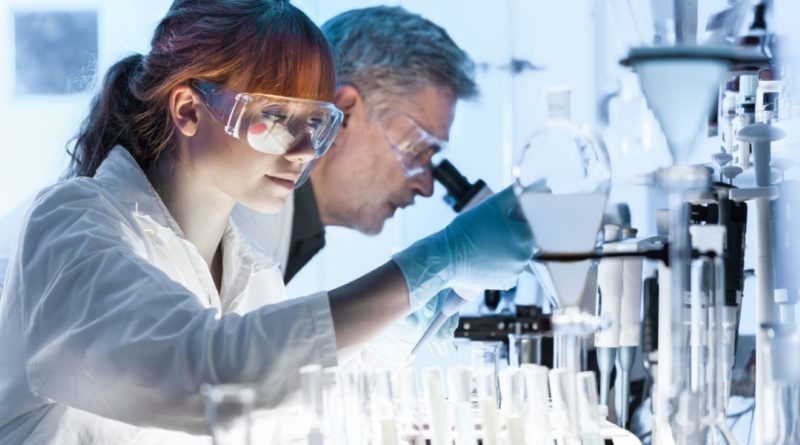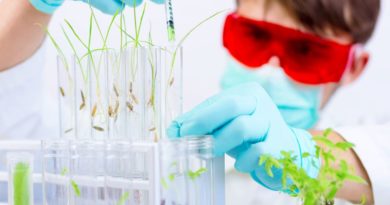Life Sciences Courses: Learn About the Study of Living Organisms
Considering a Life Sciences Course?
If you want to learn about the study of living organisms and life processes, a life sciences course may be perfect for you. Life sciences is a science involving cells and their components, processes and products. Biology, agriculture and medicine are the most obvious examples of the discipline. However, as science becomes increasingly complex, it is more difficult to find clear boundaries and definitions. Life sciences courses are incredibly interesting, particularly if you have a love of science and want to learn more about life processes and living organisms. The good news is there are tons of life sciences courses currently available.
About Life Sciences
Life sciences is a huge field of study that examines every living thing on Earth, from bacteria to beluga whales to begonias. Life sciences aims to learn everything about life on this planet. Life sciences studies life in all of its different forms, past and present. This can include animals, plants, viruses and bacteria, single-celled organisms and even cells. Life sciences study the biology of how these organisms live, which is why you may hear this group of specialities referred to as biology.
As you may guess, with an estimated 8.7 million species of animals, about 400,000 species of plants and countless species of viruses and bacteria, there are a lot of different kinds of life you can study. Most life science researchers specialise in one organism or class and some specialities such as zoology have even more subspecialities. There are over thirty different branches of life sciences. Life Scientists examine the physiology, biochemistry and anatomy of animals, plants, humans and other living organisms to gain a greater understanding of how living organisms function and interact with one another and the environment in which they live.
Is the Course for You?
Life sciences courses will appeal to people who have a keen interest in science and in how technology and research can impact on human health. You will learn how scientifically driven investigations can improve our knowledge of disease prevention, detection and treatment. Life sciences courses will immerse you in modern biological and medical sciences, and focus on the application of scientific developments. The course is ideal for those with an interest in science and the idea of examining every living thing on planet Earth.
Why Study Life Sciences
There are clear practical reasons that the life sciences are valuable. The study of the life sciences lends vital insights into disease processes and enables the development of innovative medical devices and novel therapeutics, thereby directly improving human health. In addition, the life sciences also enable an understanding of living species with whom we share the Earth and the environment; this knowledge guides conservation efforts and greatly helps us to save our shared planet.
However, there are deeper reasons to study life sciences. Life sciences empower us to answer fundamental questions about ourselves such as what are we made of? And where did we come from? Life sciences reveal the truth of our existence as humans; the field shines a light on our real identities so that we uncover our true reality. Life sciences provide the powerful arguments we have for the most important issues of our society such as issues of social justice, environmental preservation, animal protection and human rights.
What Will I Learn?
You will learn about clinical human anatomy, transnational research, genetics cell biology and basic tissues and early development. Students will explore physiology, biochemistry and cell biology. Biostatistics, laboratory skills, neuroscience, pharmacology biochemistry, cardiac and vascular biology and renal biology will also be explored. The course will teach you about bioinformatics genetics and proteomics, mechanisms of disease, central nervous system diseases and endocrine, renal and reproductive pharmacology. You will learn about neurochemistry, cloning, gene therapy and stem cells, clinical biomarkers, drug discovery and development and genetics, disease and behaviour.
Career Opportunities
After completing your life sciences course, you could you as a life scientist. You can also find work in a variety of areas including ecology, botany, zoology, entomology, microbiology, cell biology, physiology, genetics, epidemiology and marine biology. You may also find employment in pharmacology, biotechnology, chemistry, biology and much more. There is also room to progress as you can do a masters or PhD course in life sciences or study courses in similar areas.
If you’re serious about doing a life sciences course, check out courses near you in the Nightcourses.co.uk national course finder.




